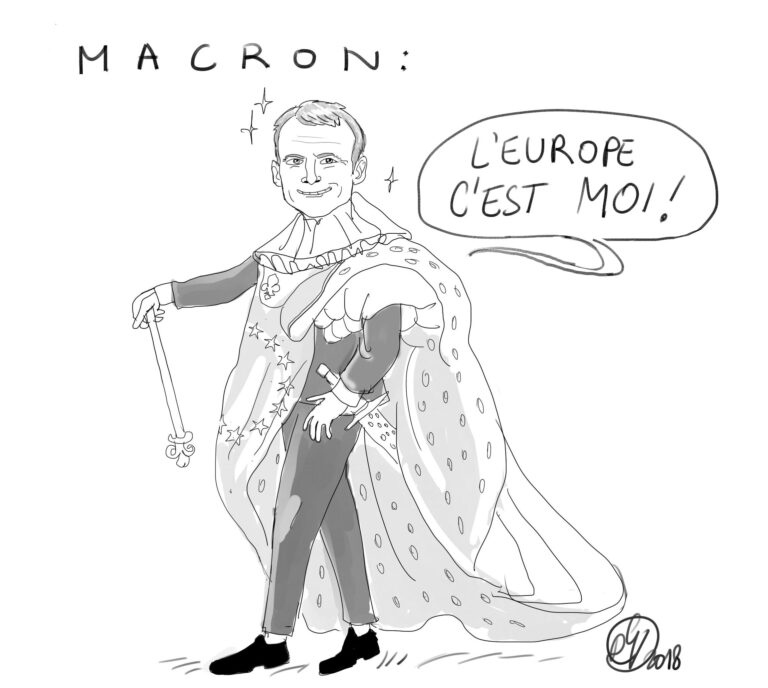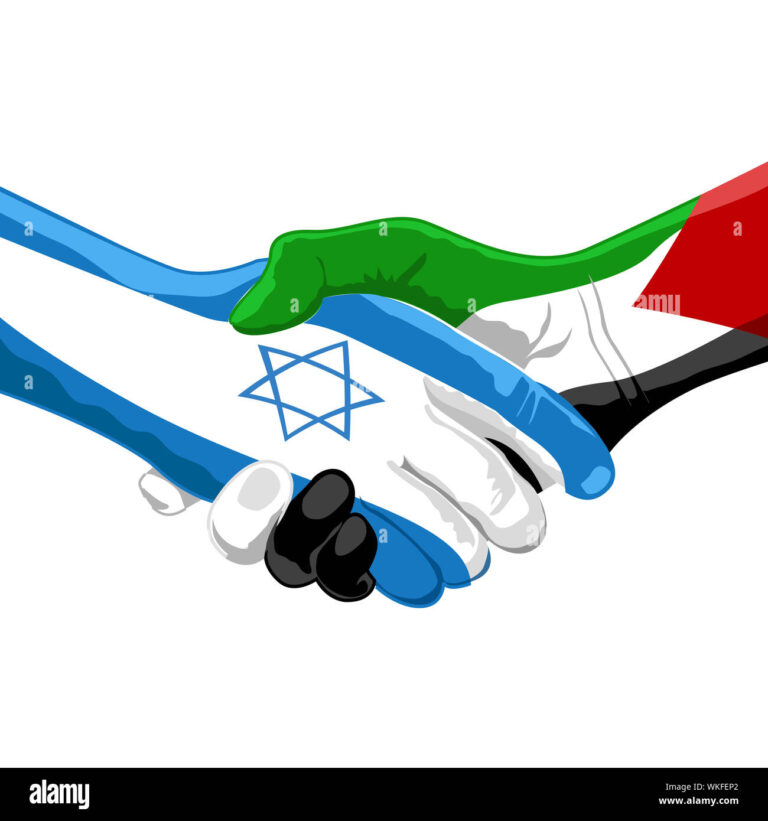
A European solution for French nuclear weapons
In an interview on the TF1 television network on May 13, referring to France’s nuclear arsenal (the Force de frappe), the President of the French Republic, Emmanuel Macron, took a step forward from his speech at the “École de guerre” in February 2020. Five years ago, Macron hoped for the development of “a strategic dialogue with our European partners willing to discuss the role of French nuclear deterrence within the framework of collective security.” During the interview, Macron announced that he had initiated talks with Germany and Poland to consider whether and how France could extend nuclear deterrence to the entire European continent. In particular, Macron said he was ready to open discussions with the Europeans on the possibility of stationing French nuclear weapons on their territory.
This is an important development, but before commenting on it, it is worth clarifying a point that recurs frequently when discussing equipping Europe with a nuclear deterrence capability. It is argued that this deterrence should be based on the nuclear capabilities of France and Britain. This alternative is entirely theoretical, as the only autonomous nuclear arsenal controlled by a European country is that of France. The British nuclear arsenal is integrated into the U.S. nuclear arsenal and cannot be used without U.S. consent (unless British security is at risk). The four British submarines are equipped with American-made Trident ballistic missiles and employ nuclear warheads that are also American-made.
In his interview with TF1, Macron also clarified the conditions under which France is willing to place French nuclear weapons on the territory of other European countries. Interested countries would have to participate in financing the French nuclear umbrella, and ultimate control over its deployment would remain in the hands of the President of the French Republic. The possibility of European countries participating in the financing of France’s nuclear arsenal is an issue that dates back to 2022 when, a few months after Russia’s invasion of Ukraine, Germany’s former finance minister Wolfgang Schëuble declared that, in exchange for the deterrence extended to Germany, Germany would have to help fund it.
This aspect of the problem, however, should be seen in the broader context of the level of military spending to be borne by European countries, which should not be set by the U.S., but by the EU, in agreement with European countries and not on the basis of a single percentage of GDP, but differentiated country by country. A country with nuclear weapons and a stronger naval force than other countries, such as France, is likely to incur a higher level of spending. Other countries, smaller in size and located in central Europe, have armed forces that require a lower level of spending. Provision should therefore be made to compensate countries willing to spend more than the European average via the European budget.
The most sensitive point raised by Macron is, of course, the fact that the final word on the use of the nuclear deterrent remains in the hands of the President of the French Republic. In the short term, no other solution is conceivable. In the medium to long term, it will be necessary to opt for a permanent solution at the European level: one perspective on which one might begin to reflect may be offered by the experience of American Federalism.
From the outset, the military structure of the U.S. had two levels: the federal level, with limited armed forces, and the state level, based on state militias, which, until the beginning of the 20th century comprised the majority of the American military structure. State constitutions have gradually included a provision that the Governor of the State “shall be Commander‑in‑Chief of the military forces of the State, except when they are called into the active service of the United States. ” Although, historically, the
provision is one that many states have struggled to comply with, it may provide a model for the extension and use of the French nuclear umbrella on the European continent. In other words, the French Constitution would specify that “the person in charge of the nuclear force is the President of the French Republic, until such time as the European Council decides to make use of it.” Symmetrically, similar wording would need to be included in the European Constitutional Treaty.
The problems raised by such a provision are beyond the scope of this article, which seels solely to put forward an institutional solution as a starting point for reflection. To some aspects, however, consideration can be given, the first of which concerns the world order the EU intends to pursue. It is widely believed that the EU is the only political community , albeit out of self-interest, capable of defending and supporting multilateral institutions to safeguard a world order based on shared rules. Hence, the provision set out here for the permanent availability of the French nuclear arsenal is preferable (not only for reasons of speed) to a solution involving equipping the EU with its own nuclear arsenal, requiring the development of R&D and the direct production of a nuclear arsenal by the EU.
Such a choice would give the wrong signal to the rest of the world, bringing the EU into the arms race, which in 2024, according to SIPRI statistics, recorded worldwide arms at a record high of $2.7 trillion at current prices. The suggestion here is based on recognition that nuclear weapons are a deterrent against a possible aggressor, without resorting to what justifiably would be seen as nuclear proliferation. In essence, it would be a kind of “realistic pacifism” (or “peaceful realism”) inspired by the Gorbachevian idea of a “defensive defence.”
The second aspect concerns another currently held view that security and foreign policy go together, and cannot be separated. Again, it should be remembered that the EU will become a federal, not a united, institutional system. Therefore, it does not follow that a common security policy requires a common foreign policy. Strictly speaking, a common European security policy, including the use, if necessary, of nuclear weapons, in the manner set out here, can be decided independently of a common foreign policy. Necessary – this certainly – is the common assessment of external threats to the European political community against which the EU is to defend itself. The common view of the threats to European security is the indispensable step for the activation of the “double-button” procedure, i.e. the same procedure currently in force within the Atlantic Alliance, in this case, however, placed in a democratic framework.
Such a decision in a political community comprising historically established nation-states cannot be made by a simple majority vote: it should be, if not unanimous, then passed by an overwhelming majority of EU countries, utilising the constructive abstention mechanism set out in EU treaties for countries that do not agree with the list of identified threats, or alternatively the procedure chosen to override the Hungarian veto on sanctions against Russia (essentially, a “coffee break” for the dissenting country). Needless to say, once threats to the EU were identified, these assessments would be put to a vote in the European Parliament.
The final aspect is what European institution should have the power to “push the button” in the event of a nuclear threat from third countries. Realistically, the only institution able to assume such a power is the European Council – responsible for analysing, evaluating and establishing the credibility of the threats – in the person of its President, who may also act according to a French initiative. These suggestions require more in-depth evaluation but the time for this is running out.

